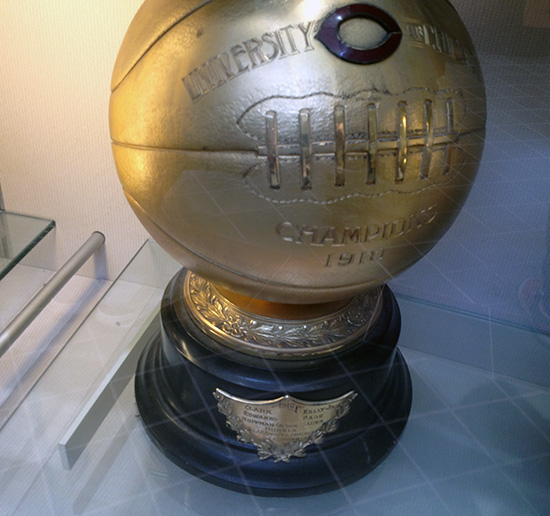President Obama this week welcomed members of the 1963 Loyola Ramblers basketball team to the White House.
The 29-2 Chicago team had more than a national championship 50 years ago with an overtime win over Cincinnati. Loyola started four black players that year and defeated Mississippi State in what became known as "The Game of Change" played in a Michigan NCAA regional semi-final.
Mississippi State's university president and coach ignored a segregationist governor and legislature and "snuck the team out-of-state 'under the cover of night.'" It's difficult to imagine today that state leaders would try to prevent a NCAA team from playing against another because it was racially integrated.
I was five-years-old that year living in a suburb of Chicago that was not yet integrated. The Civil Rights movement that fought for integrated schools in the South had not yet address real estate red-lining in the North.
As early as 1947, my alma mater the University of Illinois enrolled Ken McBride, but he never played. Walt Moore became the Illini's first African American player in the 1951-52 season. Still, the large schools were slow to fully integrate. By the time I walked on campus in 1976, Illinois had more than one great black player, but integration was a slow social process. As late as 1980, Chicago Sun-Times columnist Mike Royko told our group of visiting graduate students that Chicago was "the most segregated city in America."
Sports both reflected and led social change. Across town at the University of Chicago, once a big-time athletic powerhouse in the early 20th Century with wins over Notre Dame in football, a move to Division III reflected another shift.
My current campus, the University of Nebraska at Omaha, was at a crossroads a few years ago. As a member of a dwindling group of Division II schools, we could drop back to Division III or move to Division I. The decision to drop football and wrestling and move to D-I in other sports was driven by television money in an effort to balance the athletic budget.
As late as 1984-85, Loyola's early integration gave the Chicago school an advantage with a NCAA Sweet 16 appearance. However, today smaller schools, such as Loyola and DePaul, rarely are as good as the large state campuses competing to recruit the nation's top players. Cleveland State, Wisconsin-Milwaukee and most recently newcomer Florida Gulf Coast managed brief bursts onto the NCAA scene. The prize for winning is money from the NCAA and merchandise sales, which are driven by TV exposure.
While the world of sports continues to lead through open competition driven by big media money, campuses across the nation struggle to reflect their communities. For example, only 4 percent at Notre Dame and 6 percent at Georgetown identify as black or African American, compared with 73 and 62 percent white.
Many barriers to entry remain including financial, cultural and social. Students growing up in America in 2013 live in communities with vastly different educational opportunities funded by unfair property tax systems. First generation college students often come from families unaware of how to play the complicated and competitive college admissions "game."
We have the nation's first black president, but we are a long way from racial, social and economic equality for students. Fifty years ago, a landmark basketball game exposed racist attitudes and helped spark a path toward progress. Universities helped bring change, and campus leaders today must remember our important role in continuing to be on the right side of history.

